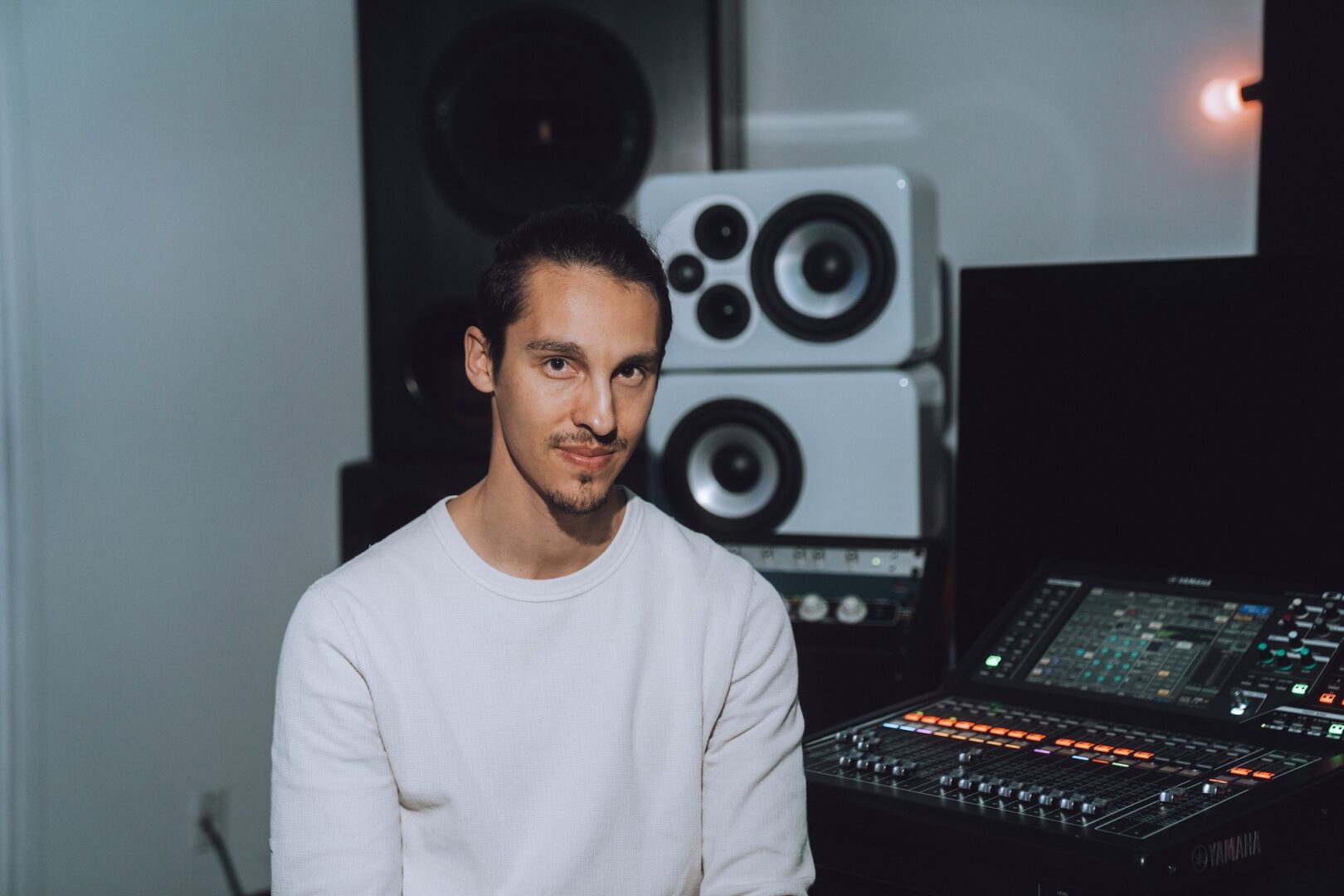Brandon Miranda shared their story and experiences with us recently and you can find our conversation below.
Hi Brandon, thank you so much for joining us today. We’re thrilled to learn more about your journey, values and what you are currently working on. Let’s start with an ice breaker: What do the first 90 minutes of your day look like?
My current routine is up at 6:00 AM, prayer and or reading for 30-60 minutes, and straight to the gym after that!
Can you briefly introduce yourself and share what makes you or your brand unique?
I’m a music producer and engineer with credits that include artists like 310babii, LaRussel, Coco Jones, and Justin Bieber, among others. I have also composed music for brands including Don Julio, Meta and written hundreds of records for film and TV. Over the years, I’ve built my career not just around making records, but around helping artists find their voice and sound with clarity and purpose.
Beyond production, I’ve made it my mission to leverage my background in music to teach and train the next generation of artists, producers, and musicians. I believe the music industry can be both excellent and ethical — a place where creativity and character go hand in hand. That’s why my work centers on developing not just technical skill, but also personal growth, professionalism, and business integrity.
Right now, I’m focused on building educational resources and mentorship programs that empower independent artists to navigate the industry with confidence, sustainability, and vision.
Thanks for sharing that. Would love to go back in time and hear about how your past might have impacted who you are today. Who saw you clearly before you could see yourself?
That person would have to be my friend and mentor — though he’d probably cringe at me calling him that. Mark has this unique ability to see things in people that they can’t yet see in themselves. From early on, he noticed not just my creative potential, but also the qualities that make me a strong fit for the music industry: my technical expertise, adaptability, leadership, and ability to not only dream big but also build the systems to make those dreams real.
He’s been the one to call me out — in the best way — reminding me over countless dinners of the value I bring and the greatness I’m capable of. Mark also opened major doors for my career, including advocating for me to become the in-house producer for Ethika Music Group, even when I was up against a stacked roster of established talent. I was very much the “take a chance on him” candidate — and he made sure that chance was taken.
Everyone needs someone like that in their corner — a person who sees your potential before you do and refuses to let you play small. I’ve been blessed to have that in Mark.
Was there ever a time you almost gave up?
Honestly, there have been more moments than I’d like to admit where I almost gave up. It’s funny to say that now, given where I am, but the truth is—even as success grows in music, the path is rarely clear. You can be doing all the right things and still question if this current run of success will be lifelong or just a season.
What’s kept me in the game are two things. First, that gut feeling deep down telling me not to quit—a quiet voice that says, “You’re not done yet.” And second, I always think about my 16-year-old self—the kid who dreamed about doing this before anyone believed it was possible. I never want to let him down. Remembering his excitement and hunger reminds me why I started, and it keeps me pushing forward no matter how uncertain things get.
So a lot of these questions go deep, but if you are open to it, we’ve got a few more questions that we’d love to get your take on. What are the biggest lies your industry tells itself?
One of the biggest lies the music industry tells itself is that it’s all about chasing the next accolade — the next hit, the next placement, the next big moment. Very few people see music for what it really is: a service-based industry. Most operate from a mindset of “What can I get?” instead of “Who can I serve?”
I don’t think there’s anything wrong with ambition or achievement, but I’ve learned that many artists actually fail because they never shift from chasing attention to creating impact. The truth is, fans today want to feel seen and heard just as much as artists do. It’s a constant competition for attention — but if artists flipped that energy toward genuinely serving their listeners, making them feel involved and valued, they’d build real loyalty and success much faster.
You don’t grow by taking. You grow by giving.
Okay, so let’s keep going with one more question that means a lot to us: What do you understand deeply that most people don’t?
Something I’ve come to understand deeply—something I think most people overlook—is that there’s far more to life than what we see and experience in the physical. I genuinely believe that what we do in this lifetime carries eternal impact.
That understanding shapes everything I do. I live with the awareness that one day, I’ll have to answer for how I spent my time, talent, and opportunities—both what I did and what I failed to do. My mission is to reach that moment and hear, “job well done.”
If more of us lived with that mindset, I think the world would look completely different. We’d use our time more intentionally, we’d stop being consumed by our own needs, and we’d forgive faster. We’d spend less time chasing what doesn’t matter—and more time serving and loving people well.
Contact Info:
- Website: https://brandonmirandamusic.com
- Instagram: https://www.instagram.com/the_brandonmiranda/
- Linkedin: https://www.linkedin.com/in/brandon-miranda/
- Youtube: https://www.youtube.com/@BrandonMirandaMusic
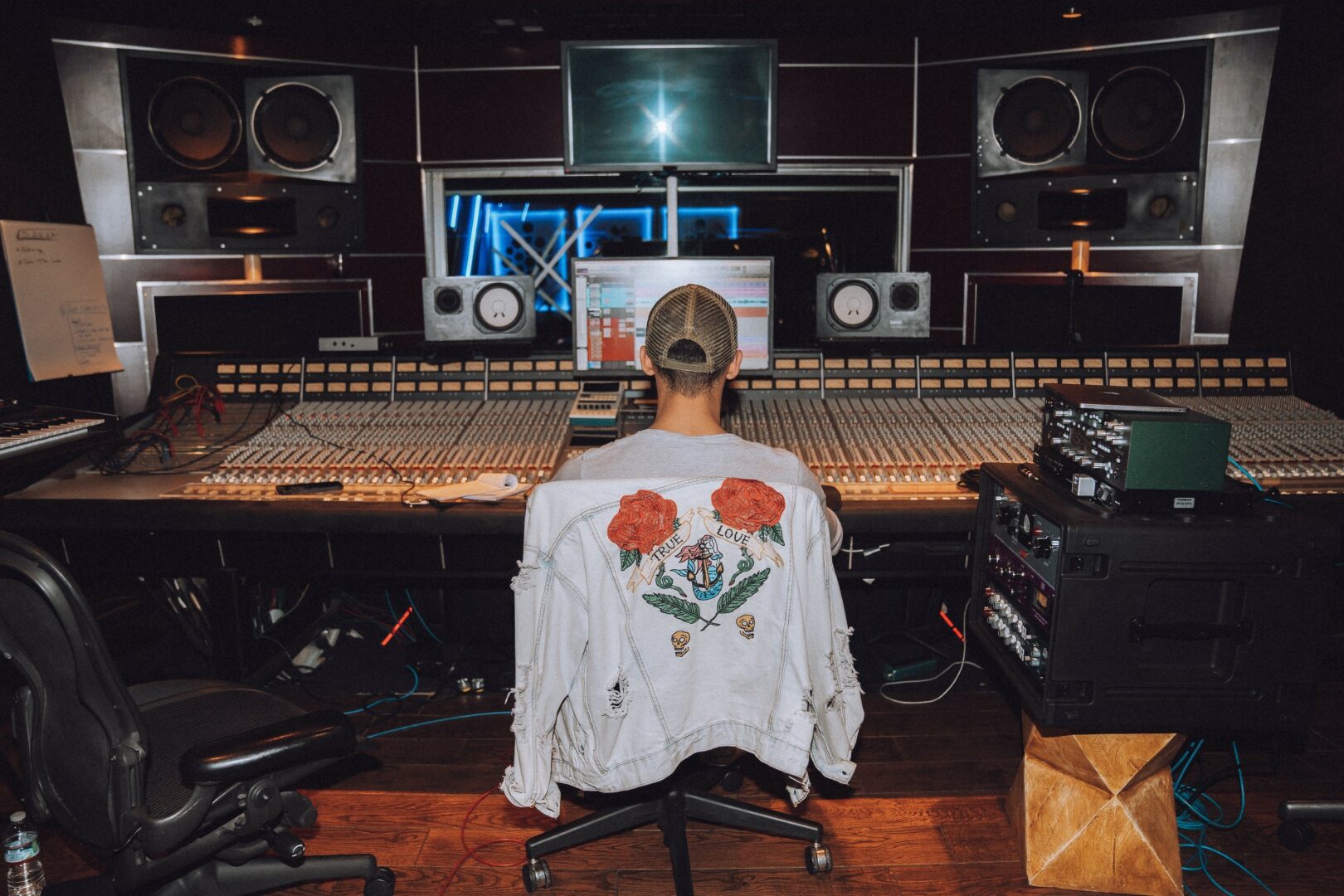
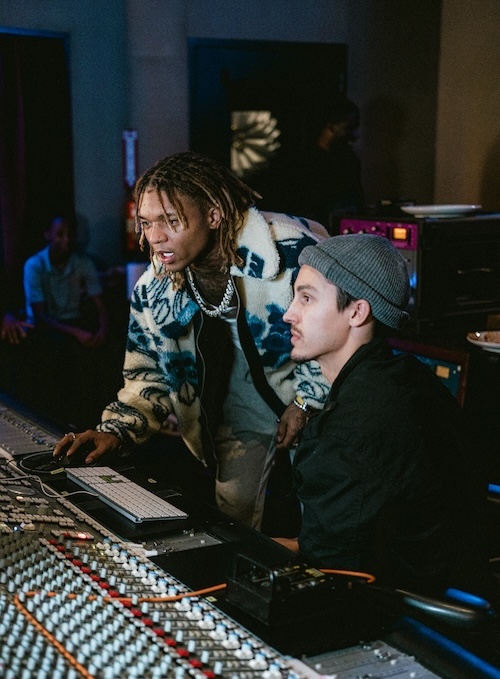
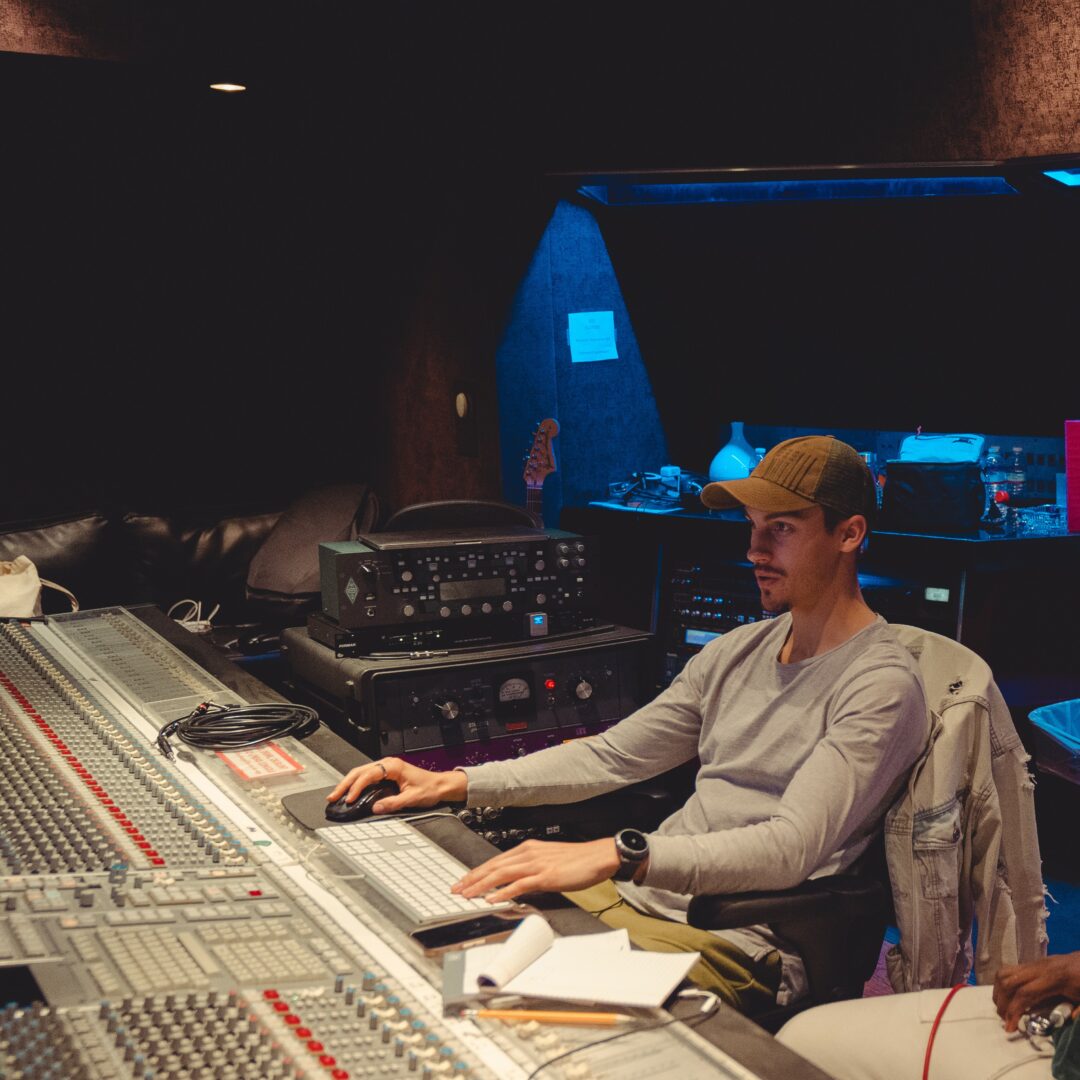
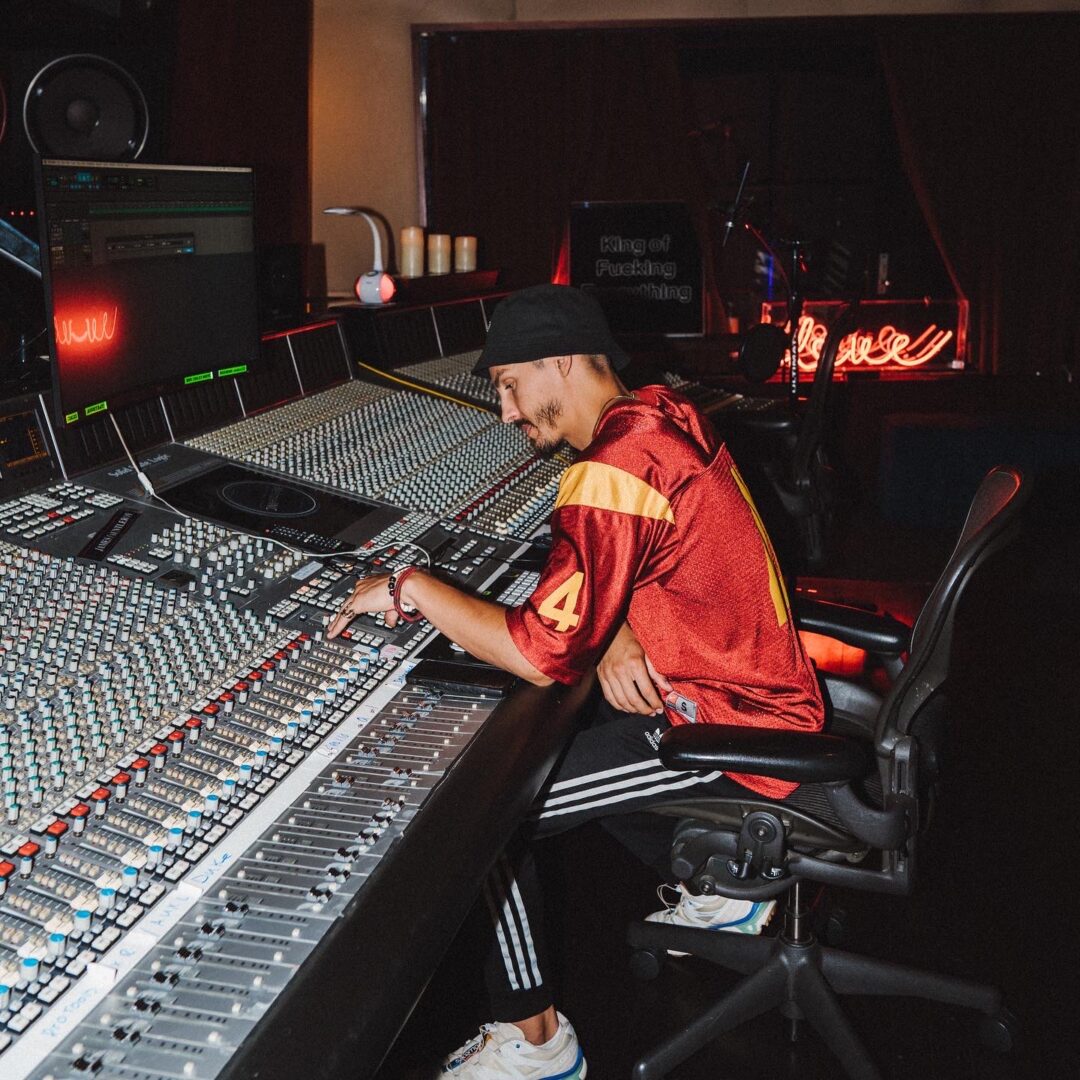
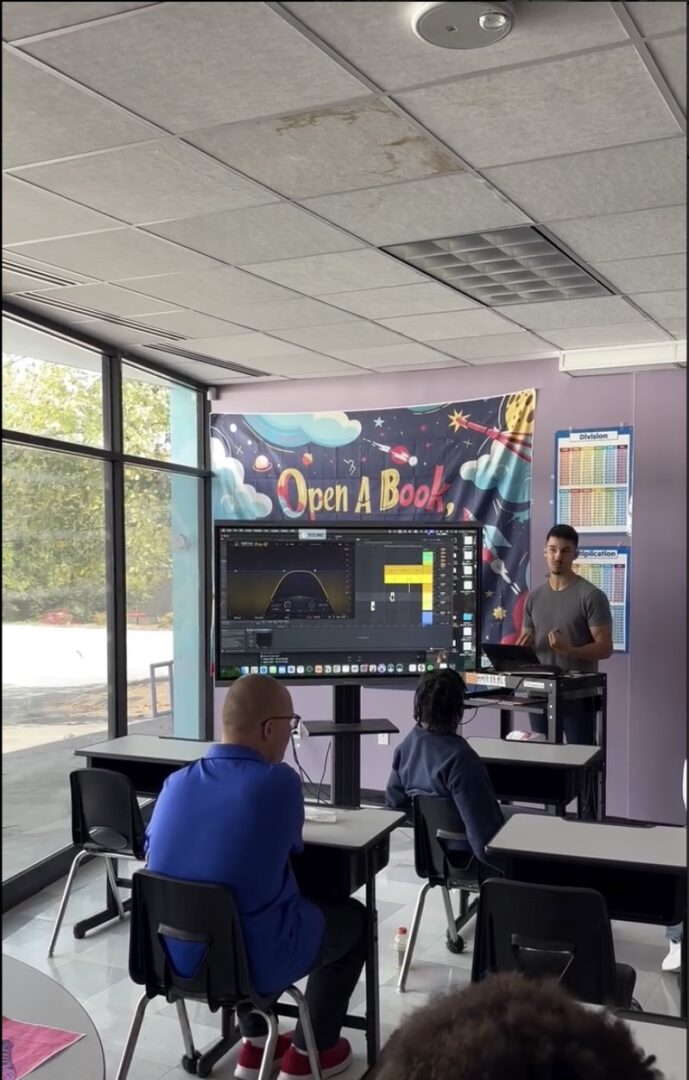

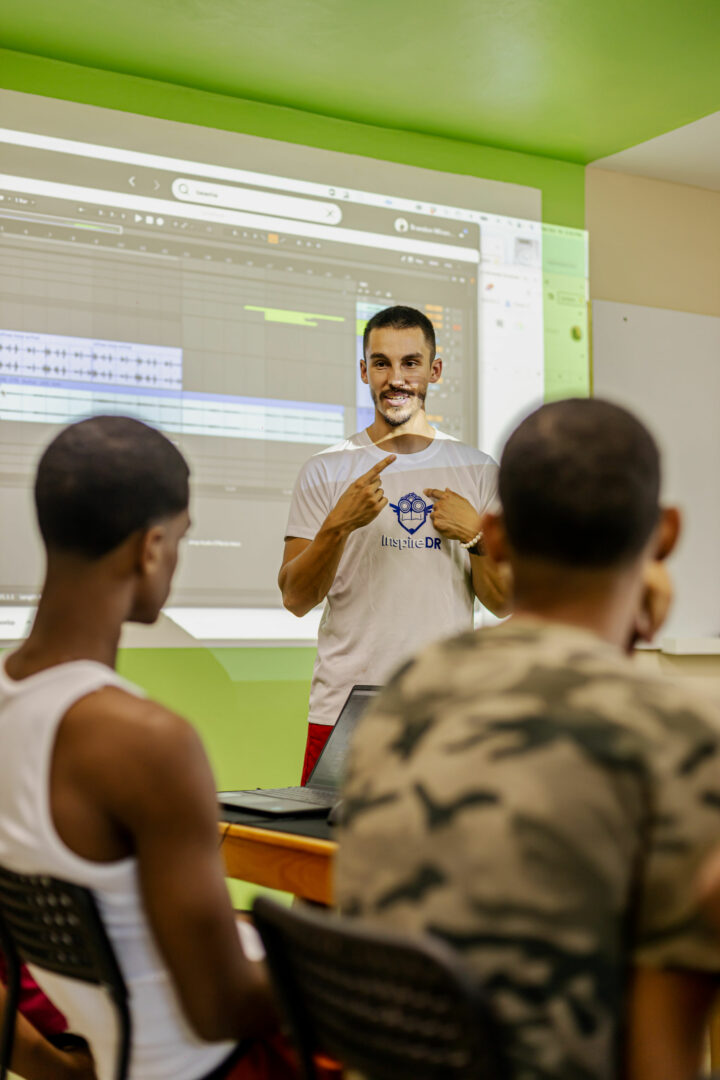
so if you or someone you know deserves recognition please let us know here.

